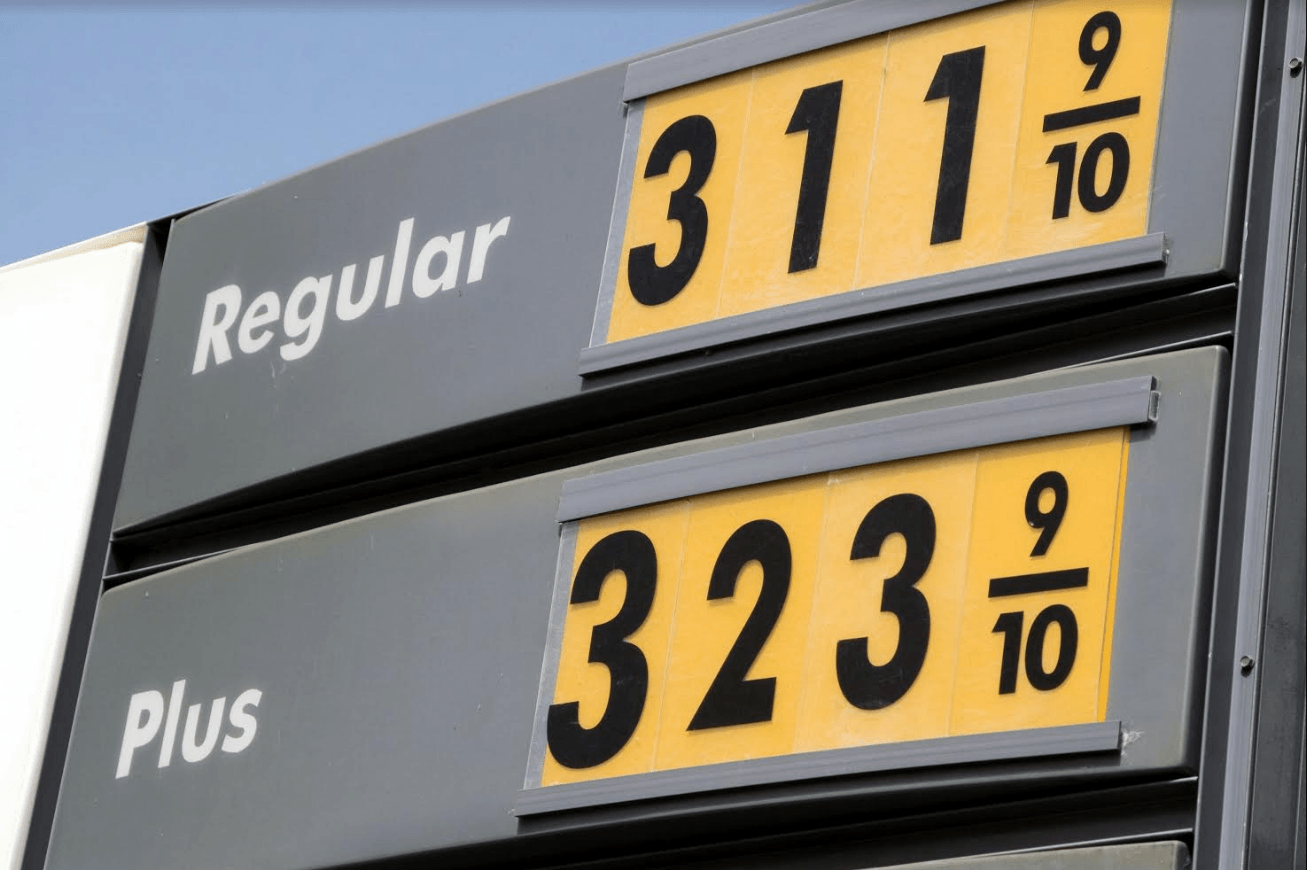Commuter students respond to recent rise in gas prices
3 min read
NBC
By SHARJEEL AHMED
Staff Writer
UMW commuter students are feeling the effects of a recent increase in gas prices. According to GasBuddy, local gas prices have jumped from an average of $1.91 per gallon in March to the current average of $2.55 per gallon.
Jasmine Abielmona, a junior religious studies major, is one student affected by the change.
“Living 15 minutes away, I usually put in gas once every two weeks, but if I decide to go anywhere other than school, it usually ends up being weekly,” said Abielmona. “It used to cost me a little under $30 for a fill up, but most of my fill ups now are almost $40 or more. It stresses me out because I feel like I spend most of my money on gas and it just feels like a lot.”
For commuter students who travel from up north, they feel better filling up in Fredericksburg since gas drops almost half a dollar per gallon in the difference of 20-30 miles. Espayline Marceline, senior business major and commuter, lives in Alexandria and commutes daily to UMW.
“I try to tell myself that it’s good because I’m saving a lot by filling up in Fredericksburg, but really, these gas prices have me stressed out,” Marceline said. “Like one day, I’m feeling good about driving around, and the next day, I’m avoiding the gas pump.”
Students in the College of Education have been directly affected by the rise in prices. Practicum requirements have students, like junior Mackenzie McCotter, feeling like their wallets are substantially lighter.
“The rising gas prices have affected my wallet especially this year because I am in the College of Education, which means I have to drive to an elementary school twice a week, varying in distances from UMW,” said McCotter. “The school does not provide a stipend to accommodate for far distances, so I have to fill up my tank myself. It makes going to the elementary school less fun because I’m burning gas going to and from a place where I’m learning how to be a teacher.”
Other students, such as senior business major, Taha Khan, live nearby and visits family over the weekend in Manassas.
“Within the past couple months, I have noticed that 30 [dollars per gallon] quickly jumped to 35, and before I knew it, I was putting in $40 a week,” Khan said. “Ten dollars could take me for two meals during the week, but instead, I’m burning it away driving.”
Students with larger vehicles say the increased gas prices make their commute especially difficult. Edwin Baca, a junior business major, drives the family car to work every day.
“To be honest, it’s the only option I have, and it just hurts every time I fill up,” Baca said. “It wasn’t so bad a few months ago, but now, I just wish I had a Civic or Corolla, because I average 19 miles per gallon, and I live 23 miles away.”
Sarah Khalil, freshman, drives a Nissan Altima from Woodbridge to school every day.
“I never realized when I was younger how much money goes into the gas tank, and especially now that I have seen gas under two dollars,” Khalil said. “It’s not really something we can control, but it really does stink when you are used to putting in $25-$30 and it changes to $35-$40 within a couple months.”
Some students commented on the tendency for gas prices to increase over short periods of time but decrease over weeks or months.
“I feel like we waited so long to see gas come down to $1.85, but then I remember the price went up 10 cents in one night,” said senior psychology major Zaf Malik. Malik said when the prices initially went up, he planned to wait to get gas until he really needed it, hoping the price would decrease.
“I put off filling the entire tank throughout the week thinking it’ll get cheaper” he said. “By the end of the week, gas was up by 25 cents.”


